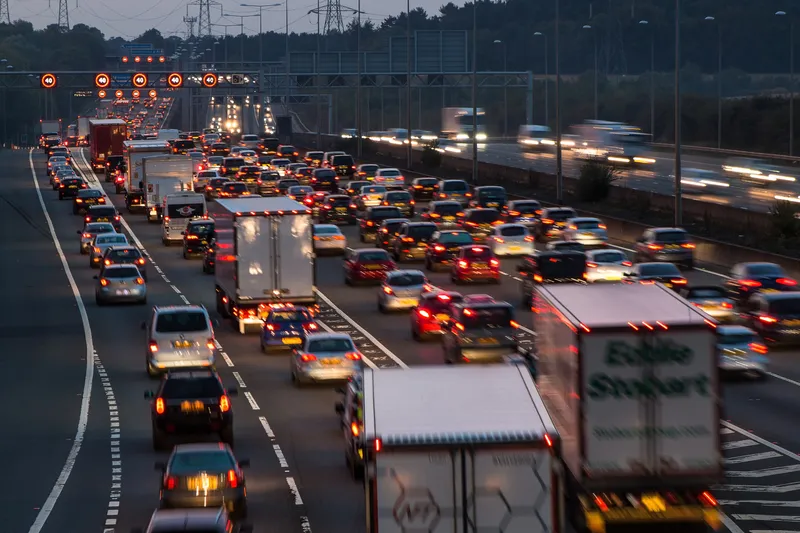The UK government plans to announce new laws next month that will mean people who drive a vehicle while impaired by prescription drugs can be prosecuted. The new laws are also aimed at 'legal high' drugs, over-the-counter remedies, and will also target a series of loopholes relating to drug driving. According to estimates for the Transport Research Laboratory (TRL) drugs are a primary factor in almost 25 per cent of fatal road accidents, while one in ten young drivers admitted to driving while impaired by
April 12, 2012
Read time: 1 min
The UK government plans to announce new laws next month that will mean people who drive a vehicle while impaired by prescription drugs can be prosecuted. The new laws are also aimed at 'legal high' drugs, over-the-counter remedies, and will also target a series of loopholes relating to drug driving.
According to estimates for the Transport Research Laboratory (491 TRL) drugs are a primary factor in almost 25 per cent of fatal road accidents, while one in ten young drivers admitted to driving while impaired by illegal drugs in a 2009 government-sponsored study.
According to estimates for the Transport Research Laboratory (








